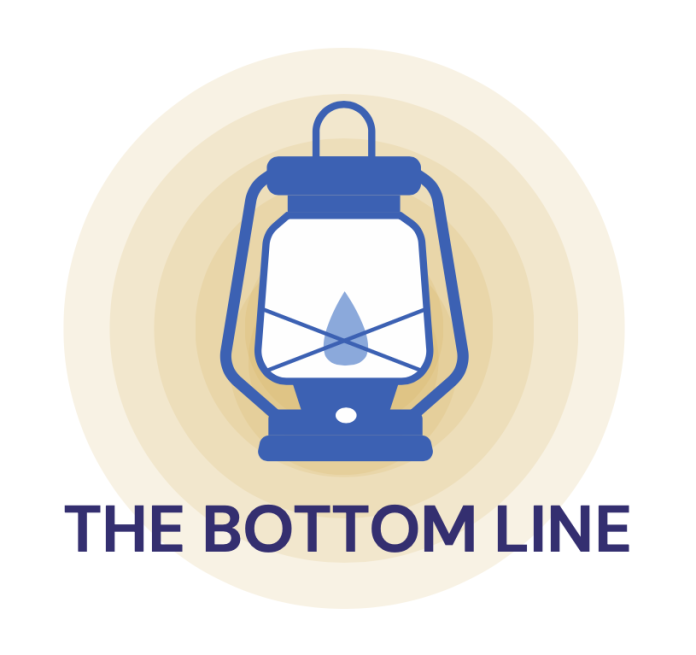Cassie Pataky
Co-Features Editor
On May 2, the Writer’s Guild of America (WGA) labor union commenced their strike against the Alliance of Motion Picture and Television Producers (AMPTP). There is no picket line on the UC Santa Barbara (UCSB) campus, so the issues of the strike may not be as apparent to students as those of the recent UC-wide graduate student strike. The two protests, however, share a lot in common and can encourage onlookers to recognize their power to change our society.
In the process of negotiating their renewed contracts with production companies, the WGA, representing 11,500 writers for TV and film across the country, came to a head with the AMPTP. Writers are demanding better pay and structural changes in the film industry.
With the expansion of streaming platforms, writing for TV and film has become a different process, but writers’ payment contracts don’t reflect this. For example, many shows now only have 8-12 episodes, which is much less than the 20-episode length of traditional television. In addition, the WGA is protesting against minirooms: unofficial writers’ rooms where writers working in them get paid less for doing the same amount of work in a shorter amount of time. Further, if the miniroom was working on a show that does not get greenlit, writers have little security and must scramble to find another job. Hollywood writers want better job security, with guaranteed staffing minimums and livable wages that match the changing television schedule. The guild is also demanding better residual pay from reruns and licensing rights, crucial sources of income with the popularity of streaming services.
The WGA’s demands echo what United Auto Workers (UAW) 2865 bargained for this past fall: a livable wage; a sustainable lifestyle. Workers are continually realizing that their contracts are outdated and cannot keep up with the changing social practices and rising inflation.
Based on costs from past years, the wages they earn, if adjusted for inflation, are not equivalent to the wages of the past. The consumer price index, a measurement of the cost of goods and services, rose by 5.6 percent between 2022 and 2023 in California — the largest jump in almost 20 years.
While negotiating the renewal of contracts allows for workers to address these worries, many companies do not want to concede to their demands, causing unions to go on strike. Hollywood studios claim that, because of their precarious economic state, some are losing subscribers and viewers and, therefore, profit. Thus, they cannot agree to the WGA’s terms. Similarly, the UC system was slow to offer any concession to graduate students’ demands.
Negotiations between the WGA and the AMPTP have not resumed since May 1. Many are using the most recent Hollywood strike of 2007, which lasted 100 days, as a model for how this strike will play out.
Networks showed how much they are struggling at their upfronts, which are advertising campaigns where they announce their schedule of new content for the coming season. It is evident that many are relying on unscripted reality TV and sports commentaries to fill in the blanks left by the absence of writers. Advertisements featured athletes, reality stars, and executives, all of whom do not live up to the standard set by popular actors who would have starred in an upcoming show.
So, what does that mean for UCSB students? The most tangible difference students might notice is in their streaming platforms, unless anyone watches the old-fashioned cable. Most streaming platforms have new movies and shows already in the queue, as they have already reached the post-production stage. Viewers will start to see the limited availability of series later on, when shows that are currently at a standstill due to an absence of writers (and some actors) would have been released. And, if there are any shows currently planned to have another season that are not yet written, such as “Stranger Things,” the production process will be further delayed by this strike.
“Byler won’t write itself,” one writer wrote on their WGA sign.











